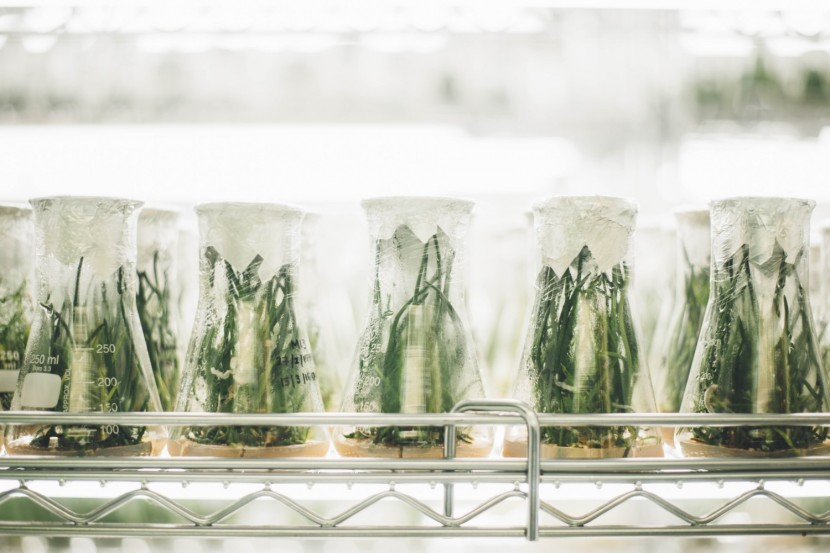
Plants may benefit from spontaneous natural mutations by developing resilience to drought and diseases. But with Earth's worsening climate crisis, can many food plants survive it?
The search for answers has led scientists to go to the boundless reaches of space.
Plants From Outer Space
In a report by CNN, the United Nations Food and Agriculture Organization (FAO) and the International Atomic Energy Agency (IAEA) collaborated in 2022 to send seedlings to the International Space Station (ISS) for study. The seeds will be subjected to cosmic radiation and microgravity to trigger genetic alterations that will allow for the creation of resilient crops that can survive the worsening climatic catastrophe of the Earth.
In April of this year, seeds of the cereal grain sorghum and the kind of cress called Arabidopsis were sent back to Earth from the ISS to be studied. It is time to start screening the altered seeds for desirable features.
According to Shoba Sivasankar, director of Plant Breeding and Genetics at the Joint FAO and IAEA Center of Nuclear Techniques in Food and Agriculture, gamma rays and X-rays may be used to experimentally cause plant mutations on Earth.
However, the space environment, with its wider spectrum of radiation and fluctuations, may induce genetic alterations that differ from or occur faster than those observed using terrestrial radiation sources.
Sivasankar says, "In space, the stress that will be encountered by an organism would be at the highest level and beyond anything that we can actually simulate on Earth." She goes on to say that the radiation levels outside the ISS may be more than a hundredfold higher than those on Earth.
Sivasankar and her colleagues seek to develop new plant varieties by selectively breeding plants developed from the altered seeds.
Sivasankar is motivated to discover answers for terrestrial agriculture. IAEA has indicated that preliminary research findings might be made accessible by the end of the year.
Action on a Global Scale
Seeds have been sent into space by scientists for decades.
Since the 1980s, China has been exposing seeds to cosmic radiation through satellites and high-altitude balloons to induce genetic mutation in crops, resulting in the purported generation of huge sweet peppers and advancements in wheat and rice.
Researchers at Michigan State University (MSU) are attempting to grow seeds that were sent on an expedition around the moon as part of NASA's Artemis program.
The researchers at MSU are examining the influence of extraterrestrial circumstances on amino acids, the primary constituents of proteins in plants. This study has the potential to provide light on the adaptability of plants in harsh conditions and pave the way for the cultivation of crops during extended space missions.
NCC reported that the corporate sector is also curious about how space travel would affect plant seeds. To improve the genetic potential of a crop with promising nutritional value and adaptation in dry locations, a firm located in Abu Dhabi, United Arab Emirates, called StarLab Oasis, has revealed intentions to launch quinoa seeds into space.
© 2025 HNGN, All rights reserved. Do not reproduce without permission.








